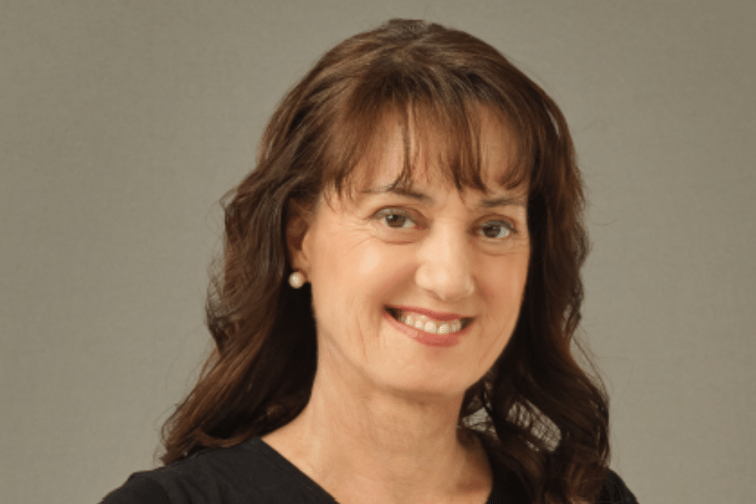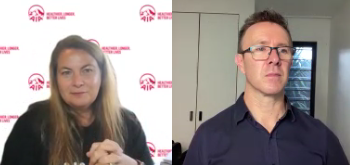

Compliance demands, work overload, and developing new business were the top three stressors for financial advisers in New Zealand in 2023, according to the second independent adviser wellbeing research commissioned by AIA NZ.
In a webinar hosted by the life insurer, the findings were broken down to shine a spotlight on how advisers are coping amid the changes in circumstances from when the first report was produced in 2021.
The new study, which was once again conducted by The e-lab founder Dr Adam Fraser (pictured below) and Deakin University’s Dr John Molineux, examined how the adviser space has been impacted by evolving client needs, the current economic climate, and the increased regulation in the industry.
In the New Zealand Financial Advisers Wellbeing Report 2023, “excellent results” were cited in the area of wellbeing, given how stressful it is in the industry at the moment.
The researchers noted in the 68-page report: “The most encouraging [finding] is mental health risk, which reduced significantly by 7%. In addition, [there was] a 4% drop in work overload and, similarly, a 4% reduction in stressful issues. We also saw a 6% drop in stress levels.”
It was concluded that Kiwi financial advisers are currently in a better state compared to two years ago, thanks in part to changes in lifestyle habits.
“What’s really great is we’re seeing improvements in the right direction,” Fraser said during the webinar. “Advisers’ mental health has improved. We break mental health risk into high, moderate, and low. One of the biggest shifts we’ve seen is a lot of people from moderate risk have moved into low risk, which is really, really excellent.”

The human performance researcher went on to tell attendees: “What we’re seeing is 72% of people are saying, ‘I’m doing a good job balancing work and my personal life’… What is brilliant is we’re seeing 93% of people are saying that they’re going to continue in the industry, and this is up from 84% in 2021. That’s an extremely healthy finding.
“If I was to summarise what we’re seeing going on here, is we’re seeing better habits around balance… People are just making better choices in how they’re managing their wellbeing.”
AIA NZ’s Anna Schubert (pictured immediately above), who joined Fraser in presenting the findings, admitted that they were “better than I was expecting” in the context of the present environment.
Despite the improved results, it was stressed that the work on adviser wellbeing – which, in turn, has an impact on clients – is far from done.
Sharron Botica (pictured top), chief partnership distribution officer at AIA NZ, declared during the webinar: “Our commitment to improving advisers’ wellbeing and mental health is absolute.”
At the event, she outlined the following recommendations for the financial advice sector:
“Ensuring that advisers of all cohorts, all ages, have the support in completing qualifications is really key,” Botica said. “And I’d say focus on the younger cohort – there are a lot of new people coming into our industry, so how we can wrap our arms around there is really key.”
The emphasis on young advisers is based on the study’s mental health risk scores by age group, which Schubert highlighted at the webinar. It was found that 23.1% of advisers aged below 30 are in the high to very high mental health risk category; the rest of this age group is evenly split (38.5% each) between the low risk and moderate risk categories.
Meanwhile only 8.5% of the 30 to 39 age group fall into the category of high to very high risk; 4.4% for 40-49 years; 7.4%, 50-59; and 4.9% for 60 years and above.
“The main message I want you to take away is that people have added these constructive behaviours that have helped them, but with 41% of people not sleeping well because of stress, that’s a big red flag,” Fraser said.
“So, there’s still a lot of work to be done; don’t get complacent. But the fact that there’s more constructive things that have led to better improvement should be a source of inspiration.”
What do you think about this story? Share your thoughts in the comments below.
